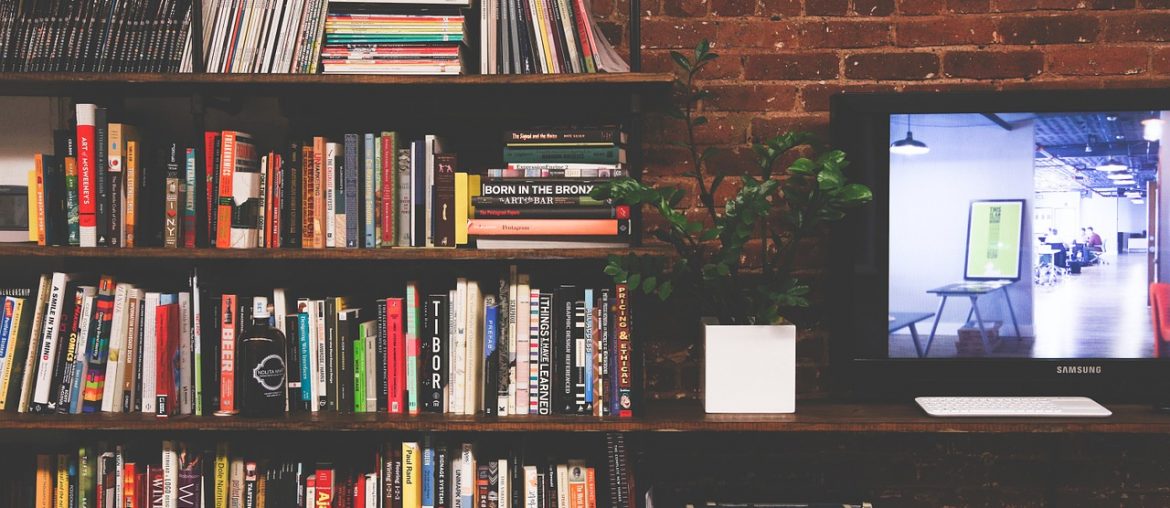With the progressive evolution of the Internet, students these days are exposed to abundant resources and tools online, which makes students more susceptible to cheating than ever before. Plagiarism poses a serious threat to academia and students’ original thinking in many ways. Instead of gradually developing questions into ideas, students are given the easy access to simply “copy and paste” what they simply see online as their own original work. Students should be strictly reminded of the consequences of academic cheating in any educational institutions. But when examining the dangers of plagiarism, it is also important to take into consideration the changing factors of the Internet.
The evolution of the digital age is greatly affecting the way that students process information. Nowadays, students can easily search anything on the Internet. They are provided with a list of different sources they can conveniently access with a simple click. Although it is handy and informative to look to online resources for a quicker access, the responsibility not to cheat is weightier as they are bombarded by much information on all sides.
Kirby Ferguson is an inspirational writer who is well known for his popular lecture series on creativity. He once said, “Nothing is original, everything is a remix.” He believes that all brilliant idea or work created had to come from a past inspirational source. The claim Ferguson makes—“Nothing is original…”—is not to denounce the fact that originality of someone else’s work does not matter and that it is appropriate or acceptable to simply copy. What he distinctly points out is that originality is a concept that is always in the process of developing. Depending on who creates a newer “remix,” the authenticity of that specific idea or work changes with it. I believe the claims that Ferguson makes on originality are absolutely true. The idea of remixing a certain thought or an idea is a vital reminder to students. The essence of remixing allows the individual to build upon an existing thought or an idea.
It is the notion of taking an existing idea and adding your own personal input and values to it. The essence of “remixing” is to preserve the originality while inventing dynamic counterparts. The truth is, teachers are not solely asking for students to come up with ideas that have existing answers. Instead, they are curious and interested to know how the students can formulate their thinking based on an already given point-of-view. They want to test the student’s capability on expanding a thought. If students are constantly reminded and encouraged by this fact, I believe it would reduce the chances of academic cheating among students—the task is not to find the right answer, but to connect and enlarge ideas.
Academic cheating is certainly a dangerous trap to fall into for students who wish to be successful. Nowadays, the job market is significantly more competitive than ever before. Before jumpstarting your career life, it is important to cultivate certain work skills that are important to learn while you are still a student in school. What distinguishes an average student from a well-rounded student, I believe, is the potential to think creatively. Whether it is in writing, management, or public speaking, students should be able to think dynamically about a single topic. Thus, they must be constantly encouraged to think critically.
Even if the idea one has seems odd or wrong, I believe creativity can be achieved once the individual is given the choice to further develop or expand the idea. Academic cheating limits the individual from achieving any form of creativity because it allows for transferring of ideas without the need for critical thinking. Students who frequently cheat are reducing their chances on becoming successful because they take someone else’s idea for granted without giving proper credit. By cheating, you are skipping an important step to gaining valuable knowledge. When cheating, there is no thinking or analyzing involved. Success cannot be achieved when you are stealing someone else’s hard work. Academic cheating deprives the student of integrity, honesty, and responsibility. And those characteristics are essential in order to become successful. For instance, if you get hired to work for a business corporation and your boss orders you to come up with an efficient plan for management, you cannot simply go to your neighbor next to you or look online to receive full credit by simply copying someone else’s plan. In the long run, you deprive yourself of meaningful learning by stealing.
Academic cheating is something that every student gets retold not to participate in at the start of every given school assignment. The fact that students have to be reminded every now and then of academic cheating shows the devastating consequences involved in it. As a student myself, plagiarism is taken very seriously in college and will not be tolerated in any circumstance because it deprives you of a successful career. If you cheat once, you get tempted to do it again. Cheating puts you in a vicious cycle of dishonesty and laziness. As a student, the best way to learn is to wrestle with a given problem, to examine existing thoughts and ideas from multiple sources, and to connect different solutions. Academic cheating allows you to do the complete opposite; it forces you to neglect proper learning and reduces the possibilities of original thinking.
You’ve just read one more creative writing by Hye Rin Yoon, our Scholarship participant! Would you also like to submit your essay? Make sure you’ve scanned it for possible duplications with the plagiarism checker Unicheck, since we approve only unique works. To get inspired, take a look at one of the already published essays here.




